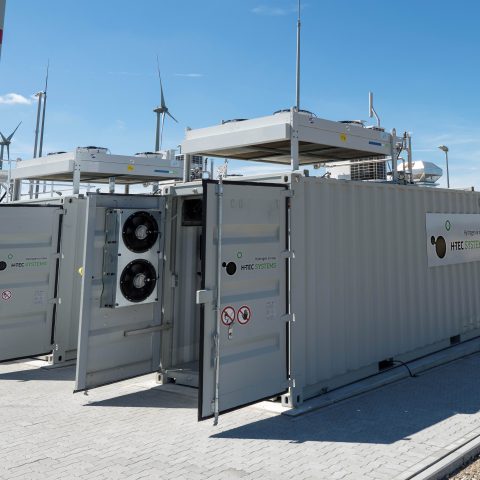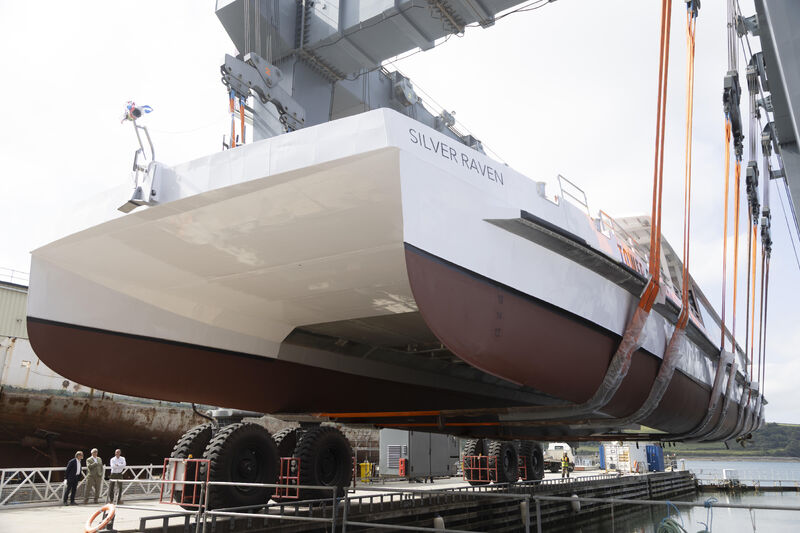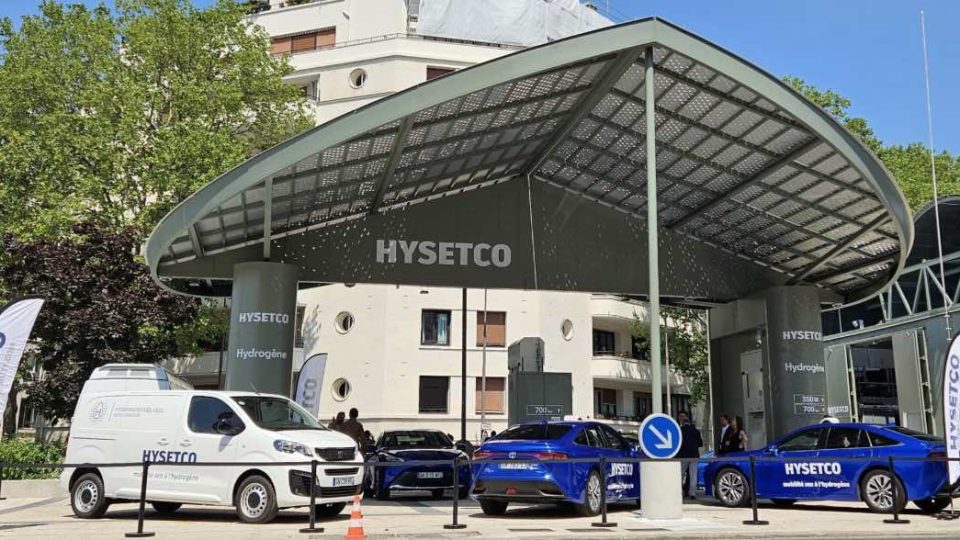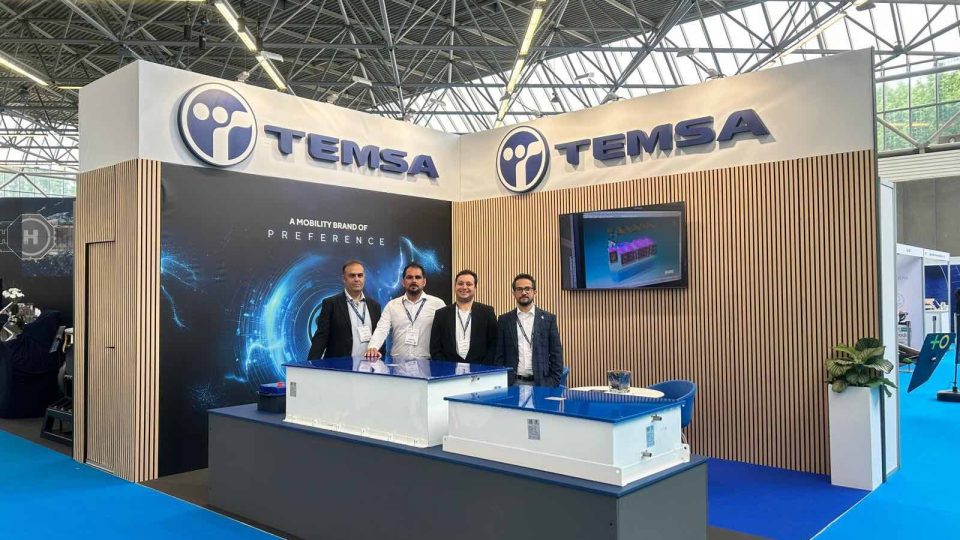MAN Energy Solutions and green hydrogen leaders sign ambitious targets at COP27
At the COP27 in Sharm El-Sheikh, Egypt, MAN Energy Solutions – along with leading organisations across the shipping value-chain and the largest producers of green hydrogen – signed a “Joint Statement on Green Hydrogen and Green Shipping”.

At a meeting at the 2022 United Nations Climate Change Conference (COP27) in Sharm El-Sheikh, Egypt, MAN Energy Solutions – along with leading organisations across the shipping value-chain and the largest producers of green hydrogen – signed a “Joint Statement on Green Hydrogen and Green Shipping”. The document commits all signatories to the rapid adoption of green hydrogen-based fuels during the current decade in order to achieve the full decarbonisation by 2050 of the shipping sector, one that currently accounts for 3% of global greenhouse gas emissions. It also calls on policymakers to match these ambitious targets.
CEO Uwe Lauber signed the Joint Statement on behalf of MAN Energy Solutions and said: “Decarbonisation of the marine industry is a mammoth undertaking but, I believe, eminently achievable through cooperation with like-minded industry partners. At MAN Energy Solutions, we believe that hydrogen has a key role to play in getting to net zero and our recent, significant investment in our hydrogen subsidiary, H-TEC Systems, intends to quickly transform it into a mass-producer of PEM electrolyzers. More than anything, the world needs a massive amount of industrially-scaled, green hydrogen production to build momentum for the broad adoption of hydrogen as a maritime fuel.”
The Joint Statement was facilitated by Climate Change “High-Level Champions” – UN nominees that connect governmental work with the voluntary and collaborative initiatives taken by cities, regions, businesses and investors – and nonprofit energy organisation, RMI. Besides MAN Energy Solutions, it was also signed by – among others – the Aspen Institute, the Global Maritime Forum’s Getting to Zero Coalition, the Green Hydrogen Catapult, InterContinental Energy, and A.P. Moller – Maersk.
Signatories have agreed to pursue cross-sector collaboration to achieve:
- commercially-viable, zero-emission, deep-sea vessels from 2030 with the intention of using exclusively zero-emission-powered ocean-freight services by 2040;
- the scaling-up of green hydrogen production to 5.5 million tons per year by 2030;
- the full decarbonisation of the shipping sector by 2050 at the latest.
They also called upon international authorities and national governments to support private-sector commitments with a correspondingly ambitious policy, and specifically asked the International Maritime Organization and member states to commit to a 100% emissions reduction within the maritime sector by 2050 with robust, interim targets.











